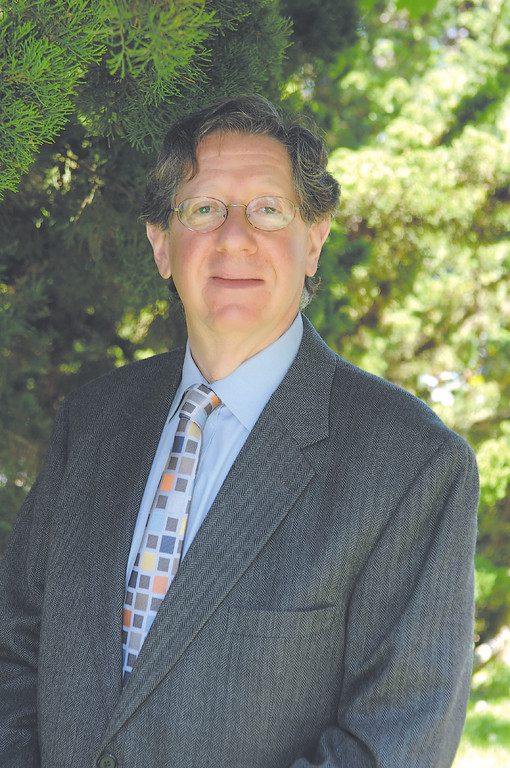The Kosher Bookworm: A timely Fathers’ Day tribute: Ben Zion Netanyahu, Zionism, and Tisha B’Av
Timely in its publishing date, Rabbi Shlomo Riskin’s commentary on Bamidbar continues his “Torah Lights” series being produced by Maggid Books featuring some of his finest Torah teachings for this time of year. As is his style, Rabbi Riskin blends together the sacred text with current history in the successful attempt to demonstrate the relevance that each plays in our lives.
In his commentary on this week’s Torah reading, Shelach, Rabbi Riskin tells us the following:
“Long before President Franklin Delano Roosevelt coined the phrase, the Midrash spoke of the one day that would forever live in infamy: but that day is the ninth of Av, linked to the loss of both Temples, the Jewish expulsion from Spain, and the Nuremberg decrees of the Nazis. According to our tradition, the source of this black day was when the twelve scouts returned from a mission to scout the land. Recorded in this portion, Shelach, Moses fulfilled G-d’s command to send forth men to gather information.”
What resulted from that trip makes up the bulk of the narrative of that Torah reading. Needless to say, it is a sad story that led to the doom of that generation, a generation that experienced slavery, witnessed the ten plagues, the liberation, the splitting of the sea and the giving of the Ten Commandments on Mount Sinai. Nevertheless, because of their reaction to the ten naysayers among the spies, they were to spend the next 40 years in the desert, never to enter the Land of Israel…..and as noted above, this day was to be marked upon the Jewish calendar years later as the signature date of doom and disaster for the Jewish people.
Fast forward four thousand years to a book entitled, “The Founding Fathers of Zionism” [Gefen Books, 2012] by Prof. Ben Zion Netanyahu, of blessed memory. Recently published in its entirety in English for the first time just prior to the author’s passing, this book profiles the lives of five pivotal figures in recent Jewish history, each of whom was to help solidify the Zionist dream to a reality that defied both history and our detractors.
The last personality profiled was the one with whom Dr. Netanyahu was the closest to, Zev Jabotinsky, and it was to this historic figure, and the vital prophetic role that he was to play, that prompted this review, timed especially for this week. Much of the remainder of this essay will be taken from direct quotes by the book’s author and from Jabotinsky. They shall serve as this week’s lesson in history, as well as a timely extension to the teachings from Parshat Shelach.
On the very last page of this book can be found the following taken from a most prophetic speech by Jabotinsky. Please read it carefully, considering the place, year and day it was given:
“It is for three years that I have been calling on you, Jews of Poland, the glory of world Jewry, with an appeal. I have been ceaselessly warning you that the catastrophe is coming closer. My hair has turned white and I have aged in these years, because my heart is bleeding, for you, dear brothers and sisters, do not see the volcano that will soon begin to spurt out the fire of destruction. I see a terrifying sight. The time is short in which one can still be saved. I know: You do not see, because you are bothered and rushing about everyday worries… Listen to my remarks at the twelfth hour. For
G-d’s sake: May each one save his life while there is still time. And the time is short.”
Jabotinsky concludes his speech with the following prediction:
“And I want to say one more thing to you on this day…:
Those who will succeed to escape from the catastrophe will merit a moment of great Jewish joy: the rebirth and rise of a Jewish state. I do not know whether I’ll earn that. My son, yes! I believe in this just as I am sure that tomorrow morning the sun will shine once again. I believe in this with total faith.”
My dear readers, what you have just read was spoken, in Warsaw, on Tisha B’Av, in 1938.
Dr. Netanyahu concludes his work with the following fateful observation:
“As strange as it may seem, in light of everything said above, there are still researchers and writers today who vehemently utter the old claim that no one foresaw the Holocaust…. But someone did see that the social, political, and moral conditions had been prepared for its coming. And someone did repeatedly warn and sound the alarm that it was coming in the near future.
That ‘someone’ was Jabotinsky, whose voice then was ‘a voice crying in the wilderness.’”

 50.0°,
Overcast
50.0°,
Overcast 









